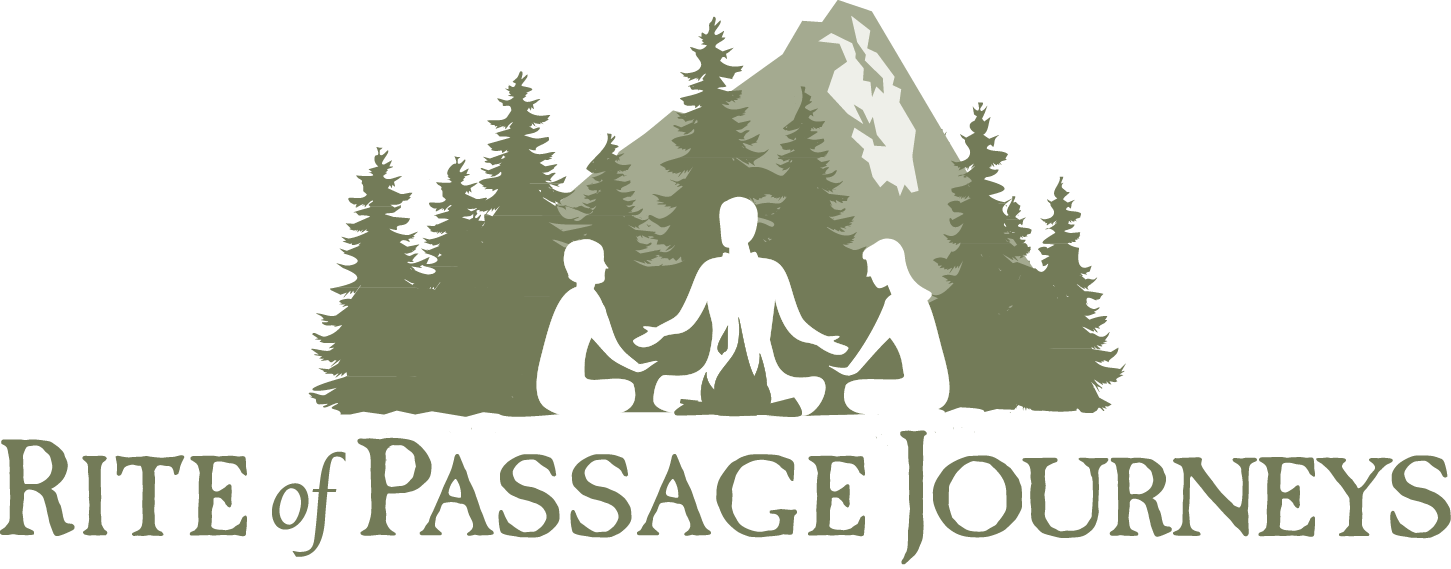Stan Crow, 1939 - 2009, Director Emeritus, Rite of Passage Journeys
In a recent seminar, someone said, "You have said, several times that a good mentor challenges the mentee to meet various goals, do their best, etc. That sounds combative to me, is that what you mean?"
I had to admit it could sound that way, and, I guess at times it could even look that way, but it certainly isn't my stance.
My basic intent as a mentor is to do whatever is necessary to convince the mentee to live their life as the great human being they are. Now, I'm sure there are those who will respond, "Yea? How do you call some of these young people we deal with "great"? Many of the youth we see are lacking self confidence, have a history of failure, don't trust adults, let alone themselves.
My response was, "Right!, that's what makes being a mentor so darn hard. There is no one guideline. Each situation is different, and you'll find that what works once is seldom a reusable tool. The mentor will find him or herself as challenged as the mentee.
However, I do operate from a basic stance toward the mentee which grows out of my earlier intent statement and a deep seated commitment to how we treat each other. At present, my draft of this stance is:
I believe that you are a capable human being.
Let's not waste time while you try to convince me that you are incapable. Rather, let's spend time identifying the challenges you face and how you might overcome them.
I am not here to fix you, but to help you see the gifts you have and the ones that are within your reach.
When I challenge you to do something, it will be because I believe you have what it takes to do it, no matter how difficult or scary it is.
Nervousness and Fear are OK., as long as they don't paralyze you. They are a reminder that you really want to succeed.
I trust that somewhere within you there is a desire to have others see you as capable.
I will promise not to set you up for failure, but I will not bail you out either (unless you are physically in danger).
We all have failures, and they are a part of the Life School. Our task is to learn from them, to turn our failures into ideas for how we will succeed next time.
I believe that a major part of my task as mentor is to help you reflect on and learn from both your wins and your losses.
In the long term, what you learn may be more important than whether you completed a task.
I will not engage in shame or blame and ask that you don't either.
This is not a covenant I make all at once with the mentee, it is rather a series of mini-covenants which get promised along the journey as appropriate. I can envision some situations in which a gift of such a covenant might be profitable, my experience is that once I have identified what I believe my stance is, then, when it is appropriate, it will be available for a conversation with the mentee.












